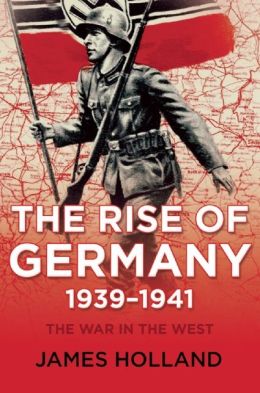I saved this link at the time, then life intervened and I only just re-found it now … but it’s not a time-sensitive article and the arguments he makes are still worth considering:
Studying such things in detail meant I was now looking at the operational level of war. Any conflict — or business for that matter — is understood to be conducted on three levels. The first is the strategic — that is, the overall aims and ambitions. The second is the tactical: the coal face, the actual fighting, the pilot in his Spitfire or man in his tank. And the third is the operational — the nuts and bolts, the logistics, economics and the supply of war.
Almost every narrative history of the war ever published almost entirely concentrates on the strategic and tactical levels, but gives scant regard to the operational, and the result is a skewed version of events, in which German machine guns reign supreme and Tiger tanks always come out on top.
Studying the operational level as well, however, provides a revelatory perspective. Suddenly it’s not just about tactical flair, but about so much more. Britain, for example, decided to fight a highly mechanical and technological war. “Steel not flesh” was the mantra and that’s why the British had a small army, yet still ensured it was 100-percent mechanized. They also developed a vast air force and built a staggering 132,500 aircraft during the war — and that’s 50,000 more than the Germans. Until the start of 1944, the priority for manpower in Britain was not the army or navy or even air force, but the Ministry of Aircraft Production. Well-fed men and women were kept in the factories.
Germany, on the other hand, was very under-mechanized but had a vast army, which meant it was dependent on horse-power and foot-slogging infantrymen. As a result of so many German men at the front, their factories were manned by slaves and POWs, who were underfed and treated abominably, and whose production capacity was affected as a result.
And if the ability to supply war was key, then in the war in the West, it was the Battle of the Atlantic that was the decisive theater. Yet Germany built a surface fleet before the war, which could never hope to rival Britain or France and in doing so neglected the U-boat arm. Despite sinking substantial amounts of British supplies in 1940, it was still nothing like enough to even remotely force Britain to her knees. In truth, there were never enough U-boats to more than dent the flow of shipping to Britain. In fact, out of 18,772 sailings in 1940, they sank just 127 ships, that is, 0.7 percent, and 1.4 percent in the entire war.




